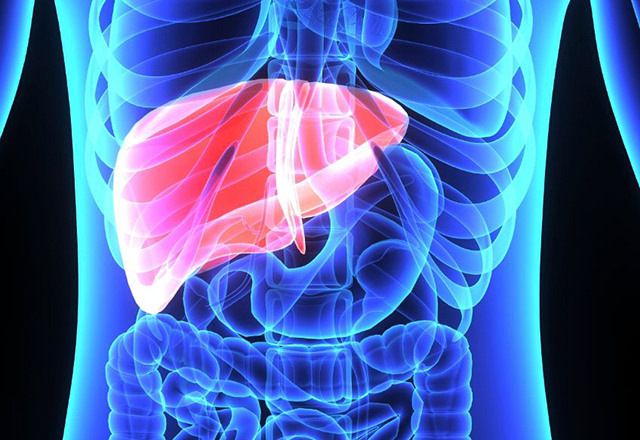By Liam Connolly
New program is only liver transplant program available in California north of San Francisco
(SACRAMENTO) UC Davis Health has launched a new adult liver transplant program. The move expands the existing services of the UC Davis Transplant Center and provides comprehensive care to patients with liver disease.
The liver transplant program is the third solid organ transplant program to launch at UC Davis Health, joining adult and pediatric kidney transplants. It is the only liver transplant program available in California north of San Francisco. Read more in UCDavis Health News.








